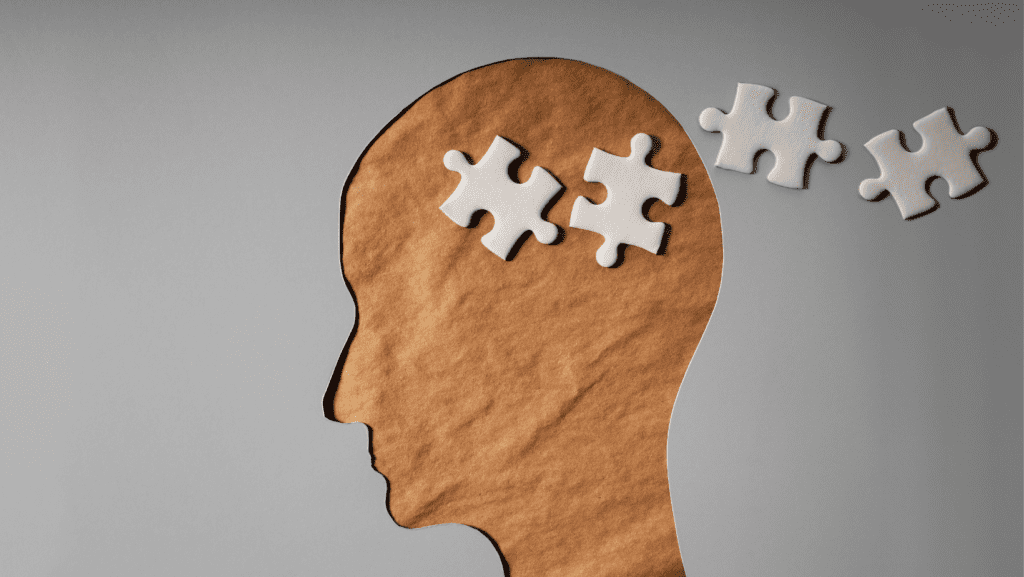I don’t know about you but I’ve noticed that the word “depression” is thrown around pretty loosely these days. Every time someone goes through a rough patch or a bout of sadness, it often results in someone saying their depressed. While this can certainly be the case, my experience has taught me that getting down to the root of the problem, and getting the right mental health diagnosis is an important part of solving and improving my symptoms.
If you’ve struggled with mental health and finding solutions, taking a deeper look could be exactly what you need to feel better. Let’s elaborate below.
Depression is Different from Sadness
Depression no doubt includes sadness. But it goes a bit deeper than that. Being clinically depressed affects how you sleep, your appetite, how you think, interact with others and so much more. Actual depression is a very serious medical condition that I strongly suggest you get help for.
However, there are also a ton of life circumstances that can contribute to sadness and ongoing sadness. Therefore it may not be a chemical imbalance or clinical depression in your case. Take a minute and think about the areas in your life…
- Your relationships
- Your job
- Your financials
- Your home
- Your hobbies or lack thereof
- Your body and physical health
- A tragic life event


Depression is Different from Other Mental Health Diagnosis...
If you think that your symptoms are more than sadness, the next step may be to look into other mental health conditions. I recommend consulting with a mental health professional, and by mental health professional I don’t mean your primary care physician or someone like me on the internet.
A psychiatrist studies the many mental health disorders for a reason. And though I don’t believe that they are the sole solution to your problems, I do think they can add to your knowledge bank and help narrow things down quicker.
I personally am very grateful to the professionals that have helped me along the way. But I’ve also realized that they are not all created equal. Some have even made me lose a little bit of faith in the medical profession, but you can’t do it alone. My suggestion when looking for someone in the mental health field is, when it doubt, don’t. Move on when it doesn’t feel right. There’s no time or energy to waste. Avoid anyone that doesn’t seem to have your best interest at heart. That requires effort.
Mental Health Diagnosis that Sometimes Mimic that of Depression
Any good medical professional should have an open mind about health and their ever-changing field. We know more about all medical conditions as of 2023 and we’ll continue to learn over time. If you find any professional that has the attitude of, “I went to school and now I know everything”, then that’s a major red flag in my opinion.
Some of the conditions that can have symptoms of depression are listed below. The following may show signs of depression causing a misdiagnosis…
- PTSD
- Schizophrenia
- ADHD
- Bipolar Disorder
- Thyroid Problems
- Immune System Issues
- Fibromyalgia
- Deficiency in vitamins like Vitamin D
- Blood Sugar Conditions
- Substance or Drug-induced symptoms
- Hormonal Fluctuations
Pretty wild, huh? Trust me, this list is far from complete. Try not to go down a Google rabbit hole like me, this can become a waste of energy. But if you suffer from depression symptoms and have been unsuccessful in treating them, this may be a clue that there’s something more going on.


Putting Yourself First
I think the most important part of this equation is is remembering to put yourself first. If you battle with symptoms or a medical diagnosis of depression, don’t be afraid to learn. I’ve spent entirely too many years being misdiagnosed with depression, I’d hate for you to waste another minute living a less than happy life, simply because you didn’t find the root of the problem.
What do you think? Is there more going on inside that beautiful brain of yours?
Remember friends, just as the great Ice Cube once said… Chickity Check yo’ self before you wreck yo’ self.
![]()
![]()
Join the Party and Subscribe Below. 👇
The author is not a mental health professional or doctor. Opinions expressed here should not be expressed or implied that they are a replacement for qualified medical or mental health treatment.
